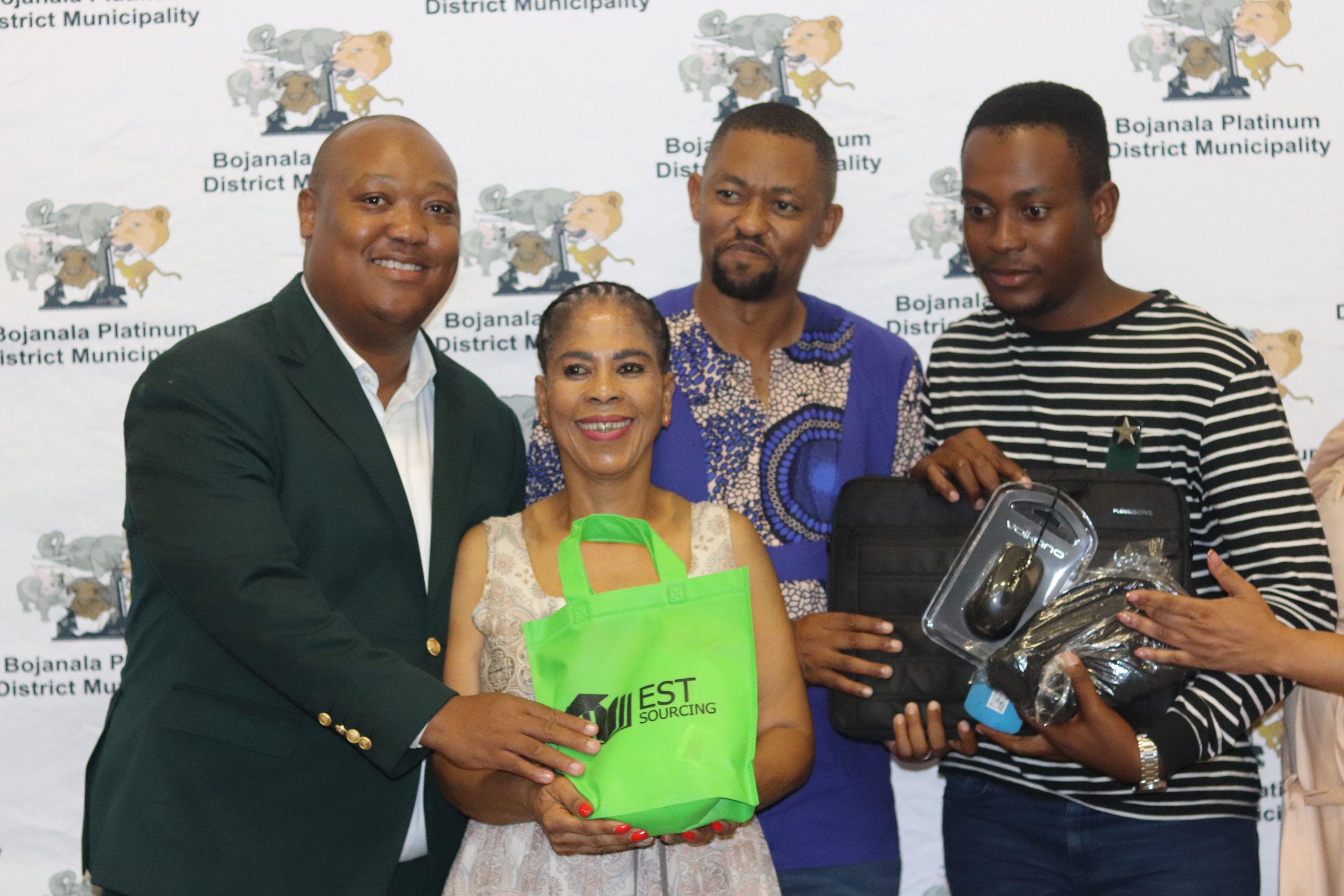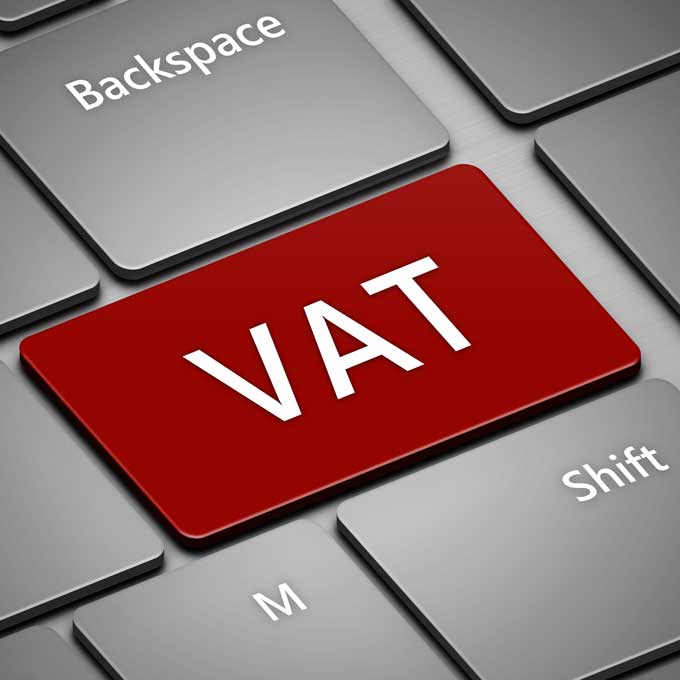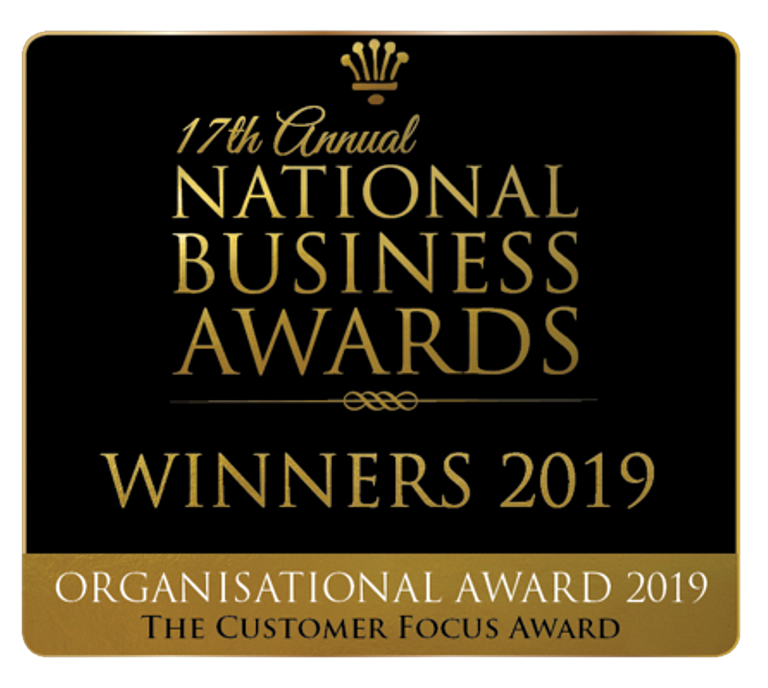During October 2021, MaxProf’s audit team received an interesting request from a client regarding a VAT matter that they could not wrap their heads around. With the culmination of most of our clients’ financial year-end, we found ourselves being extremely busy, as we attended to an array of Auditor General queries. However, we gladly accepted the challenge.
Shortly after probing the specific issue, we soon realised that we may have a more serious matter on hand than originally anticipated, and we wanted to back paddle. Nonetheless, we tackled it because at MaxProf, we always go the extra mile to assist our clients.
Before delving into this problem, it is important to note that the VAT system in South Africa is destination based. One can think of it as if the supply of goods or services which is destined for use to further the business or enterprise, before considering whether a registered VAT vendor may claim an input tax credit from SARS.
This specific client issued an interoffice memorandum to have the VAT portion deducted from a Housing Subsidy for an Economic Development and Urban Planning Housing and Administration Project in a township located within Gauteng. The client ultimately wanted the VAT portion paid back towards the specific project, as it viewed it as a “Zero-Rated” Project. Furthermore, the municipality would likely receive a grant from National Treasury for the abovementioned project. It would then pay a service provider and various sub-contractors to complete this project and claim the input tax credit from SARS. However, the project was split into two separate phases; (1) The infrastructure underneath this housing project (i.e. water and sanitation) and (2) The top-structures (i.e. anything built above ground).
Let’s first explore the term “zero-rated”. Zero-rated supplies by a municipality of certain goods or services listed under section 11 of the VAT Act, 1991 are subject to VAT at the rate of zero percent (0%) and are subject to the requirement that documentary proof had been obtained and retained substantiating the municipality’s entitlement to apply the zero-rate.
Three of the best and most important examples of zero-rated supplies applicable to municipalities include –
- Municipal Property Rates – according to the land values and “factor” applicable to a certain municipality;
- Grants received from public authorities, other municipalities or constitutional institutions for making taxable supplies, such as, equitable shares and SETA training grants which are for making taxable supplies; and
- International transport of fare-paying passengers by road or rail.
This then brought about the question: “can the municipality claim VAT on the contractors and sub-contractors’ invoices that they have been issuing?” The short answer is, Yes and No.
Confused? Well yes, so were we until we determined where it started:
- The municipality received a grant for this specific project.
- A grant, as stipulated earlier, is zero-rated according to section 11 of the VAT Act.
Having established the foundation to the question, let us proceed to the project itself and the service providers contracted to the building of this housing scheme project. On one part of the project, the infrastructure, the municipality may claim the input tax credit from SARS for services rendered relating to anything constructed underground, e.g. the bulk water pipelines. For this service, the contractor must invoice a valid tax invoice as per section 16(2) and section 20 of the VAT Act, 1991.
The second part of the project related to the top structures of the housing scheme project. The top structures on this housing and development scheme are zero-rated because the Housing Act stipulates that Rural Development falls under a zero-rated housing subsidy scheme. Therefore, when building top structures, the service provider should issue a zero-rated VAT invoice for goods or services supplied in respect of this part of the project.
In the end, National Treasury provided a grant to the municipality for a housing scheme which is zero-rated. However, the service providers who were contracted to the housing development project, were issuing invoices inclusive of VAT to the municipality in error. The contractor was legally obliged to only issue standard rated VAT invoices for the underground infrastructure goods and services provided and zero-rated invoices for the top structures of the project.
One should caution when claiming input tax credits on top structures for housing schemes, as it can be detrimental to your VAT credit which may be due from SARS. This also issues a warning to service providers. Do not issue invoices inclusive of VAT on projects which may be zero-rated. Should you be unsure, contact us! MaxProf is always available to help!
Article by Ivan Benn on 01 December 2021














